Your cart is currently empty!
Tag: SustainablePractices
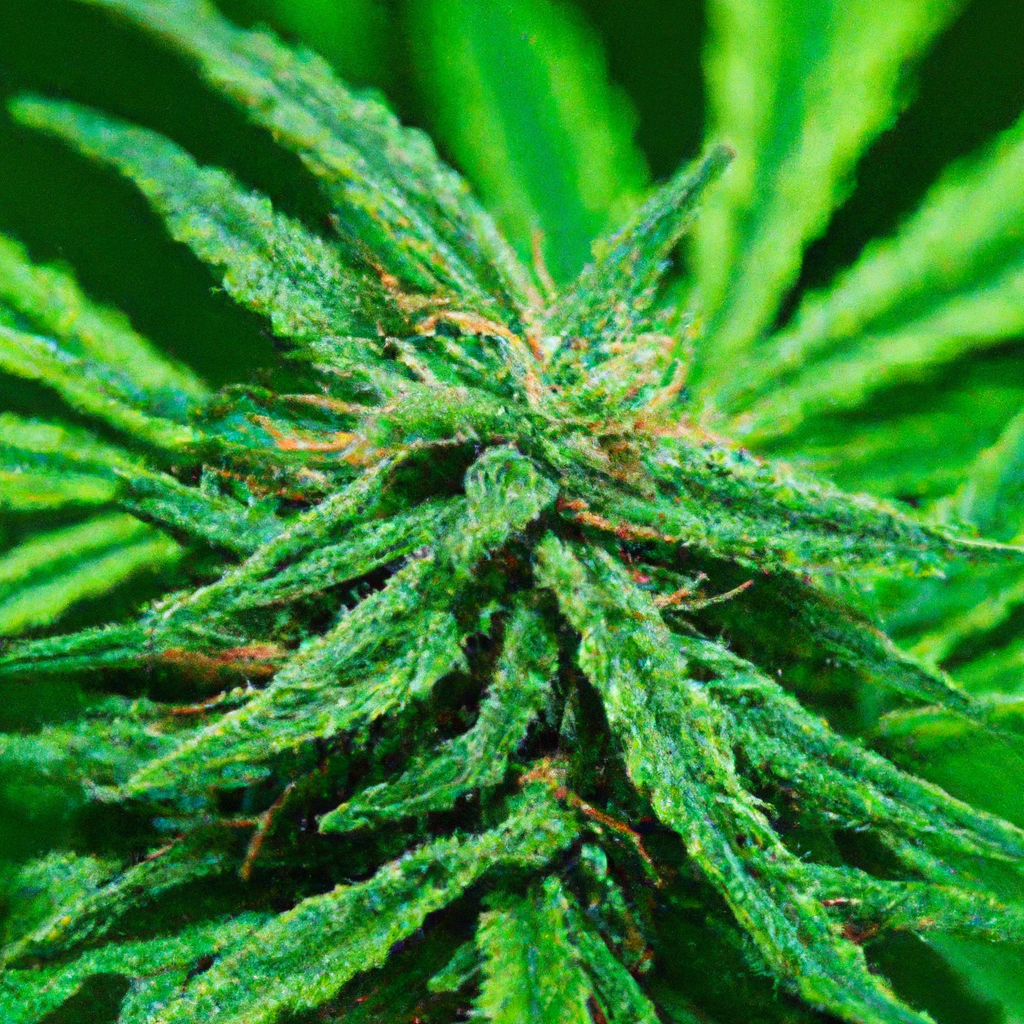
The cannabis industry is undergoing a transformation with bioengineering at the forefront, enhancing cultivation practices to meet increasing demand. Cannabis bioengineering involves genetic manipulation to improve yield, resistance to pests, and tailor cannabinoid profiles. Techniques like CRISPR, tissue culture propagation, and marker-assisted selection are pivotal in this evolution. These innovations can lead to more potent…
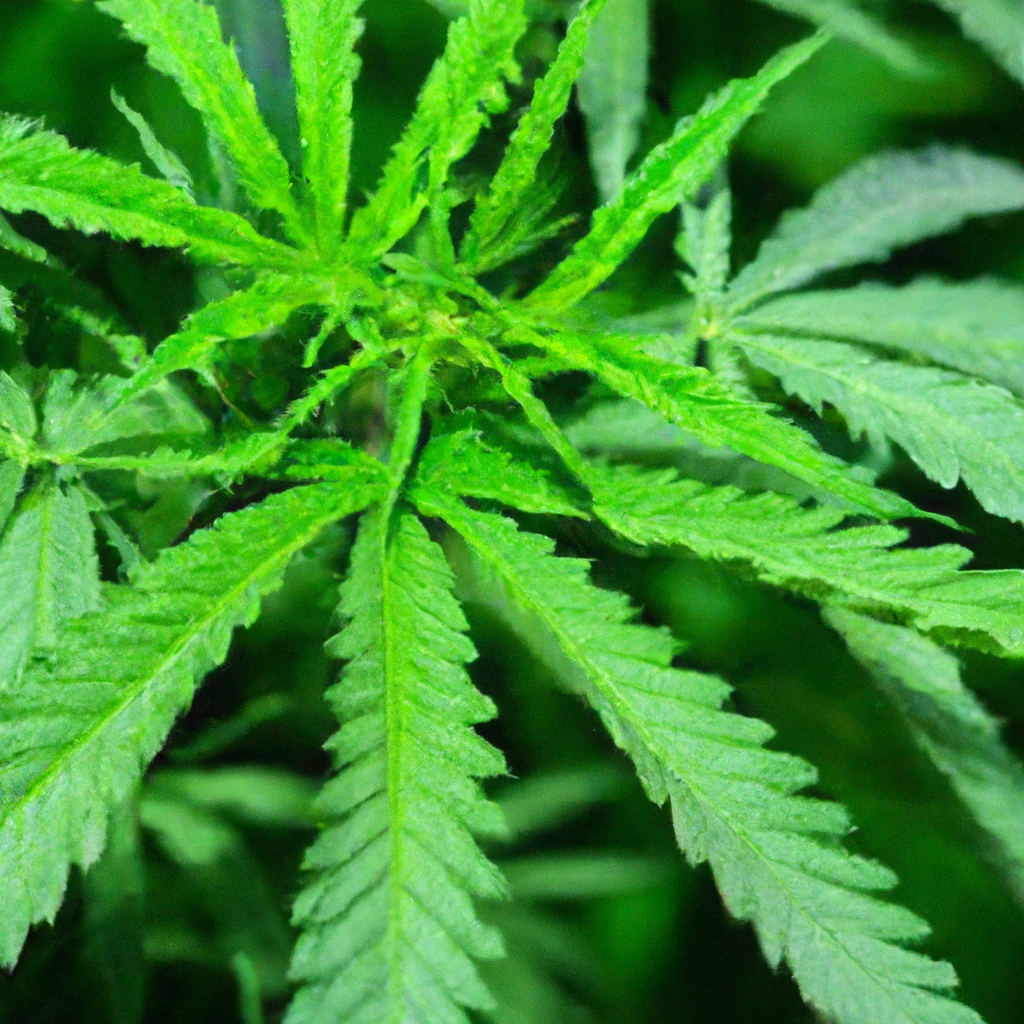
Organic cannabis cultivation is an eco-friendly approach that enhances both quality and sustainability, making it a popular choice among growers. This guide outlines the fundamentals of organic growing, such as maintaining soil health with compost, using natural fertilizers like bat guano, and adopting integrated pest management strategies. Beginners can learn to create optimal growing conditions…
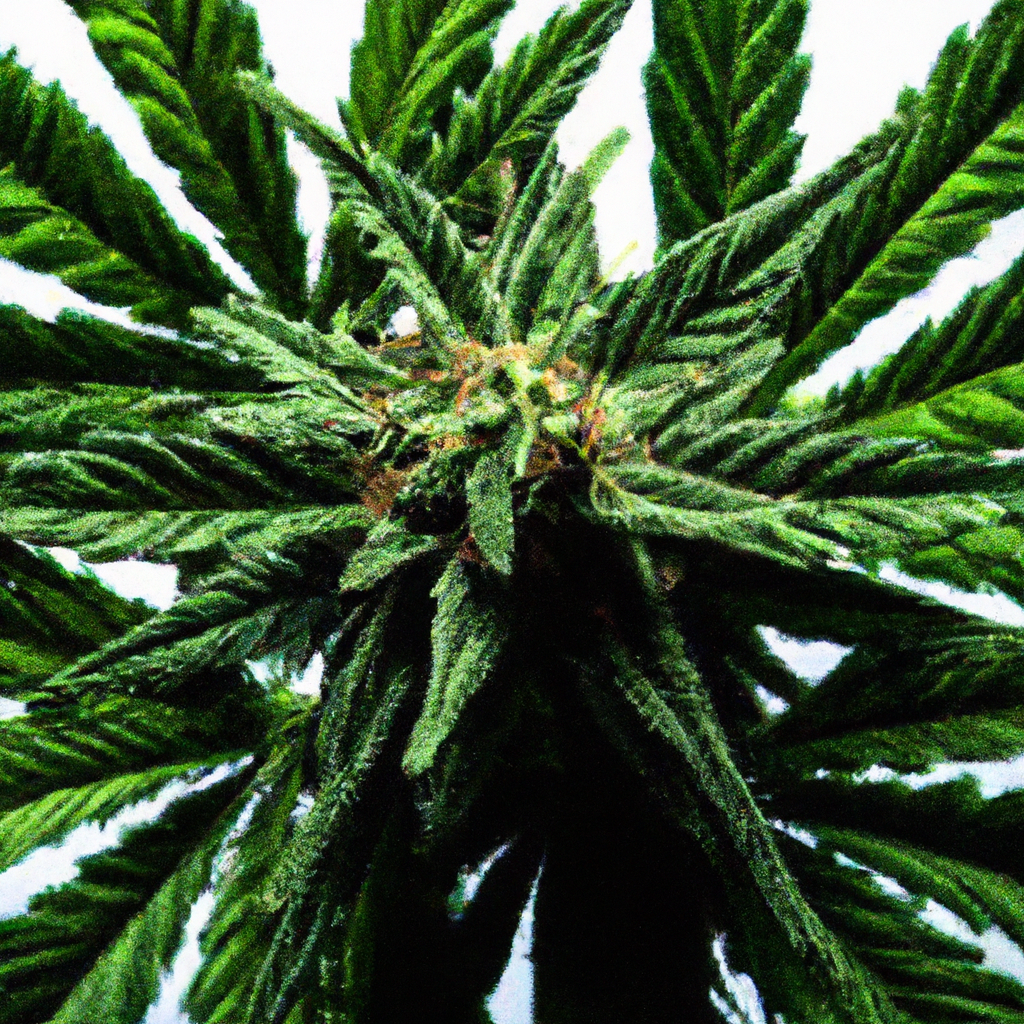
The intersection of cannabis and technology is driving significant advancements across the industry, enhancing cultivation, research, and consumer experiences. Smart agriculture tools like precision sensors and AI are optimizing growth conditions, while advanced technologies such as genomic sequencing and in silico modeling are unlocking new therapeutic potentials. Consumers benefit from innovations like virtual reality dispensaries…
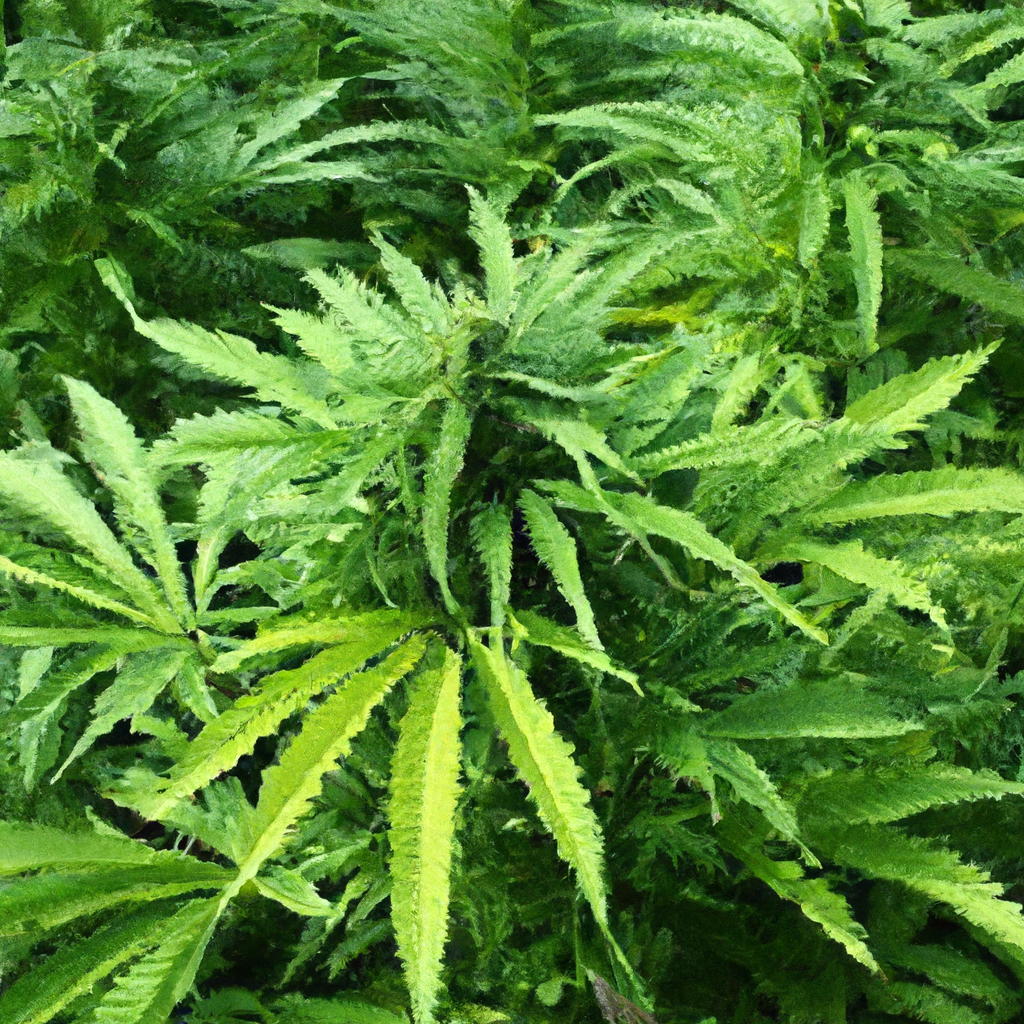
Crop rotation is essential for sustainable cannabis cultivation, enhancing soil fertility and serving as a natural pest control method. By varying the types of plants grown each season, growers can disrupt pest cycles and prevent nutrient depletion. Key strategies include using legumes to fix nitrogen, planting root vegetables for improved soil aeration, and employing cover…
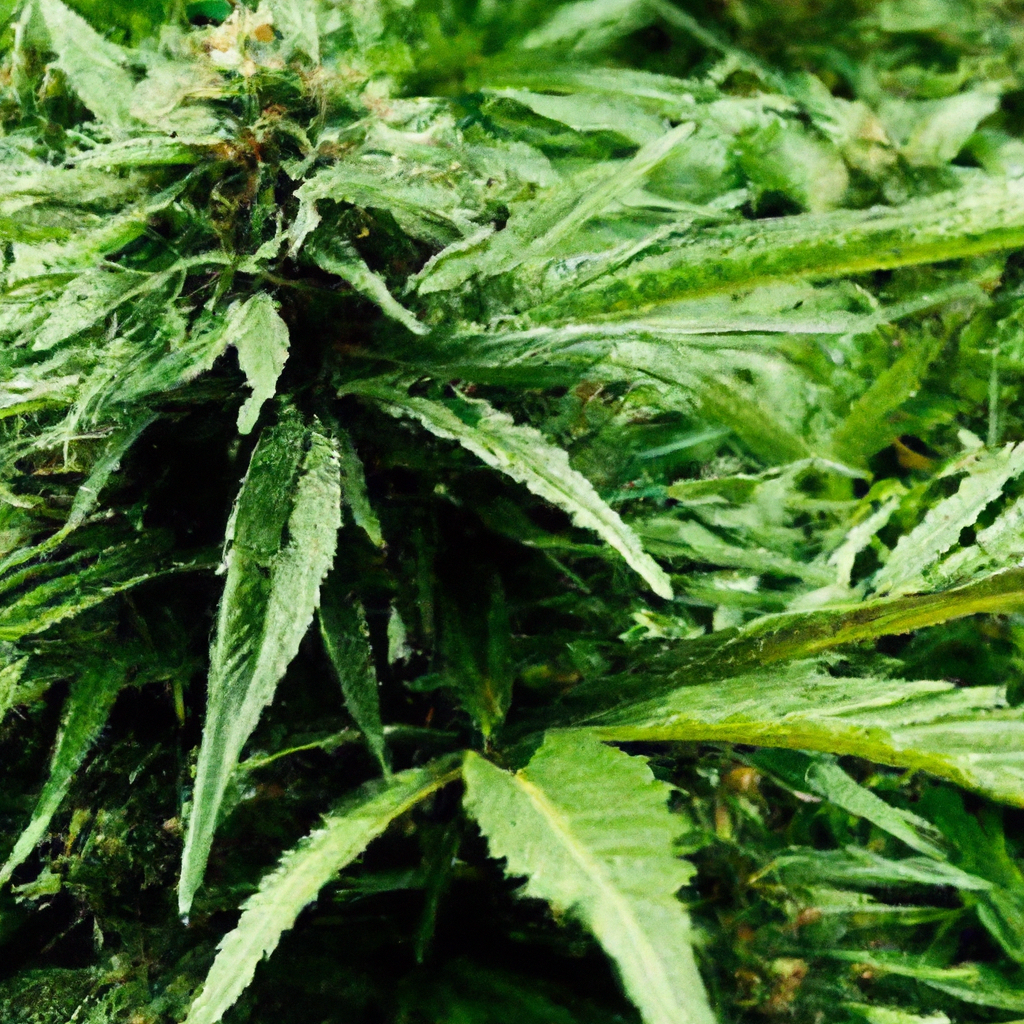
As the global shift towards sustainability gains momentum, cannabis cultivators are increasingly adopting organic methods to ensure a cleaner production process. This blog explores best practices in organic cannabis cultivation, focusing on building a healthy soil ecosystem with compost and beneficial microbes, using natural fertilizers like bone meal and fish emulsion, and implementing organic pest…
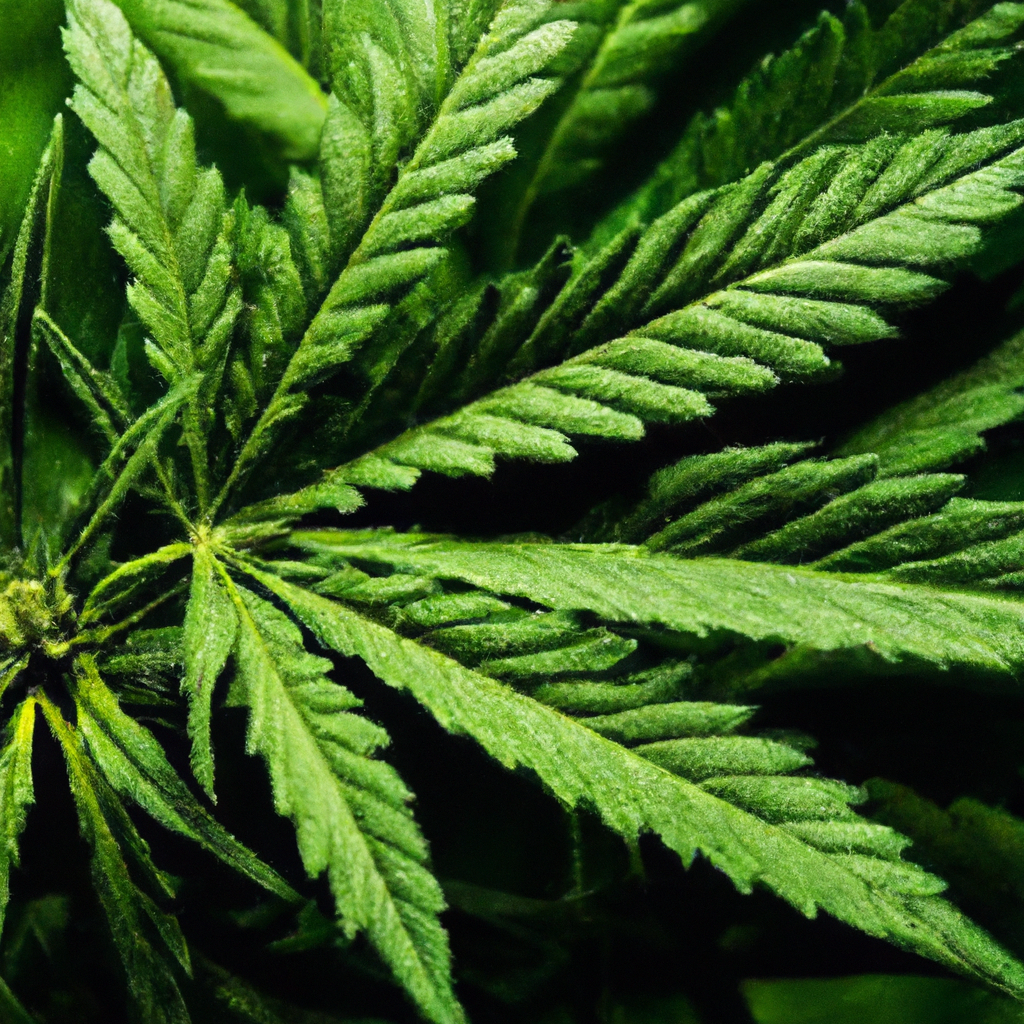
Various industries are turning to innovative solutions for reducing their carbon footprints as climate change impacts become more evident, and cannabis is emerging as a noteworthy ally. This blog delves into cannabis’s potential contributions to a sustainable future, highlighting its impressive carbon sequestration capabilities due to its fast growth and high biomass. Cannabis can enhance…
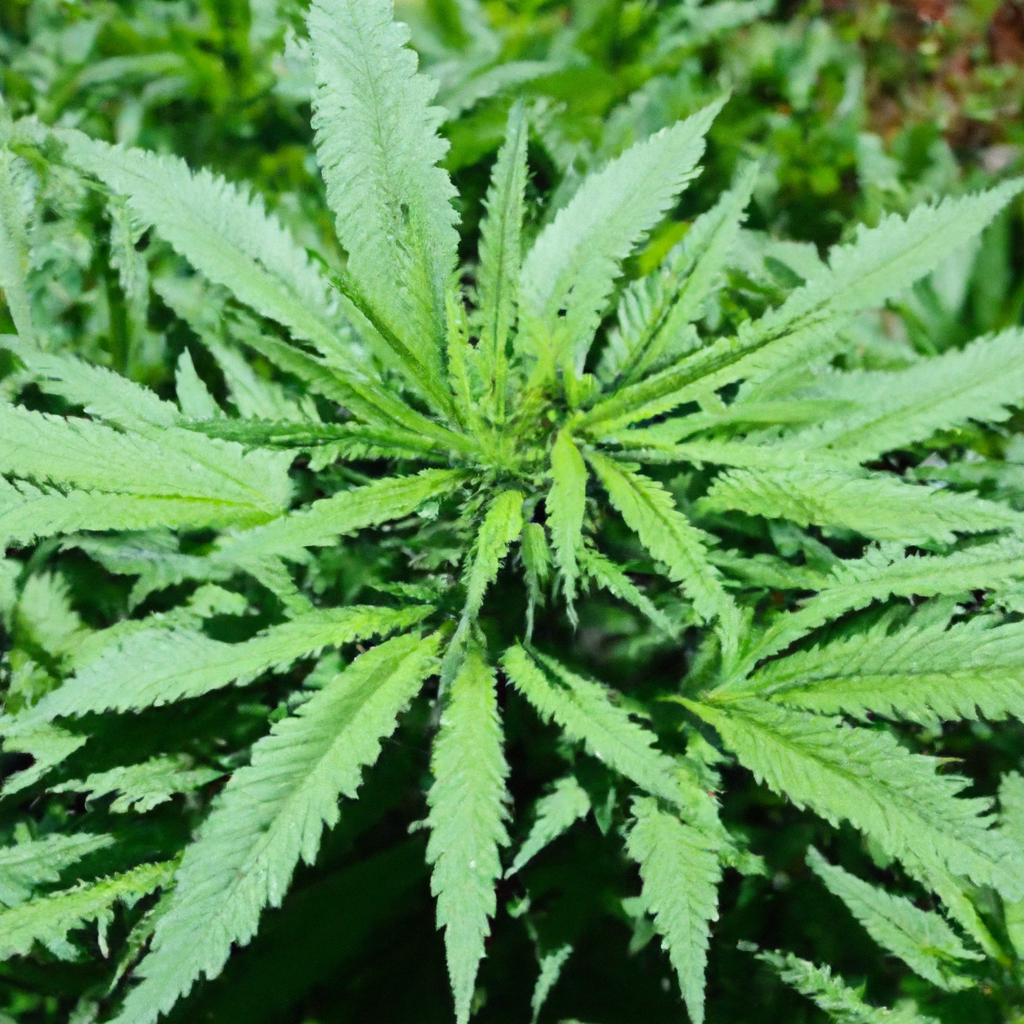
As the cannabis industry expands, many growers are adopting organic methods that emphasize sustainability and environmental care. Organic cannabis cultivation promotes healthier ecosystems, offering consumers cleaner and safer products. This article delves into effective organic growing practices such as building a healthy soil ecosystem through companion planting and composting, using natural fertilizers like fish emulsion,…
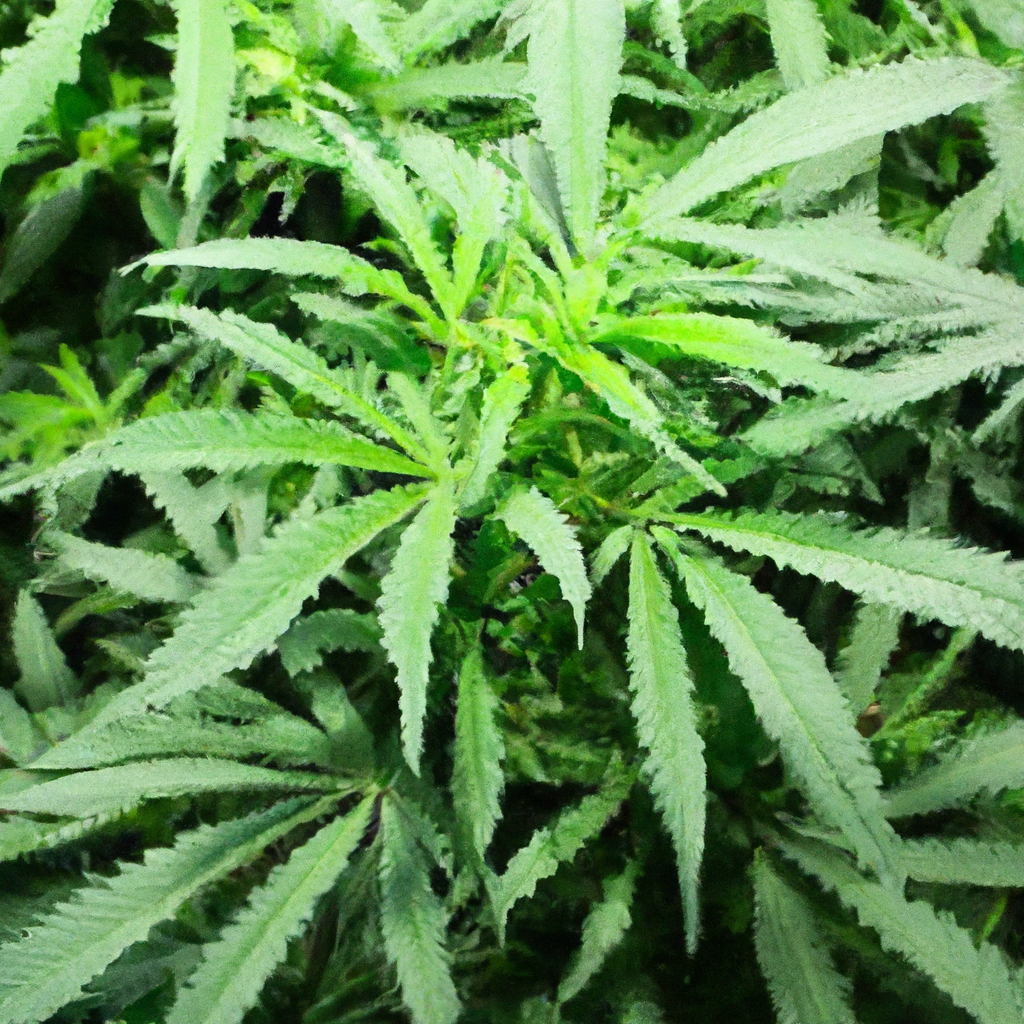
Organic cannabis cultivation provides environmental benefits and healthier products by using natural methods to build sustainable ecosystems. Key practices include using natural fertilizers like compost, worm castings, and bokashi to enrich soil and boost plant health. Moreover, fostering a healthy soil ecosystem involves companion planting, mulching, and crop rotation to support plant growth naturally. Sustainable…
Proper airflow is crucial in cannabis cultivation for maximizing yield and plant health. This blog post explores the importance of strategic airflow management and provides practical solutions for growers. Key techniques include using oscillating fans to circulate air evenly, setting up air intake and exhaust systems, and mitigating issues like overcrowding and high humidity. Regular…
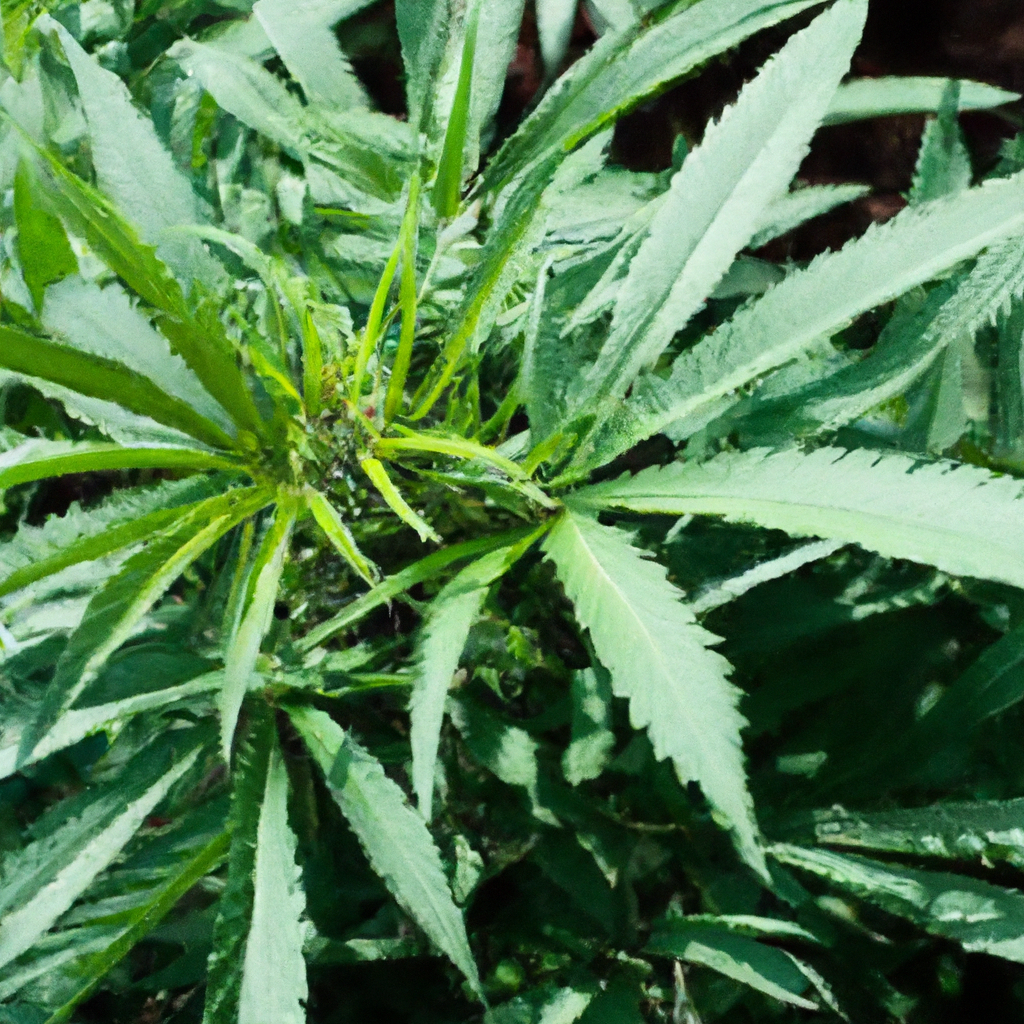
In an era of growing environmental awareness, organic cannabis cultivation offers a sustainable solution that benefits both growers and consumers. Emphasizing soil health, this approach uses compost and natural fertilizers like kelp and bone meal to create a balanced ecosystem. Natural pest control methods, such as companion planting and beneficial insects, replace harmful pesticides. The…
